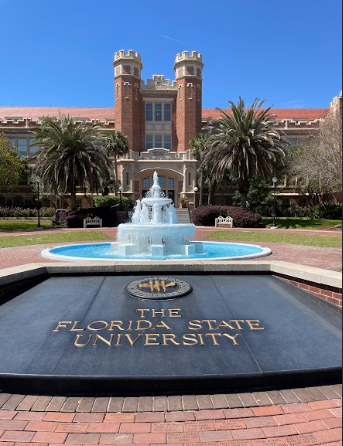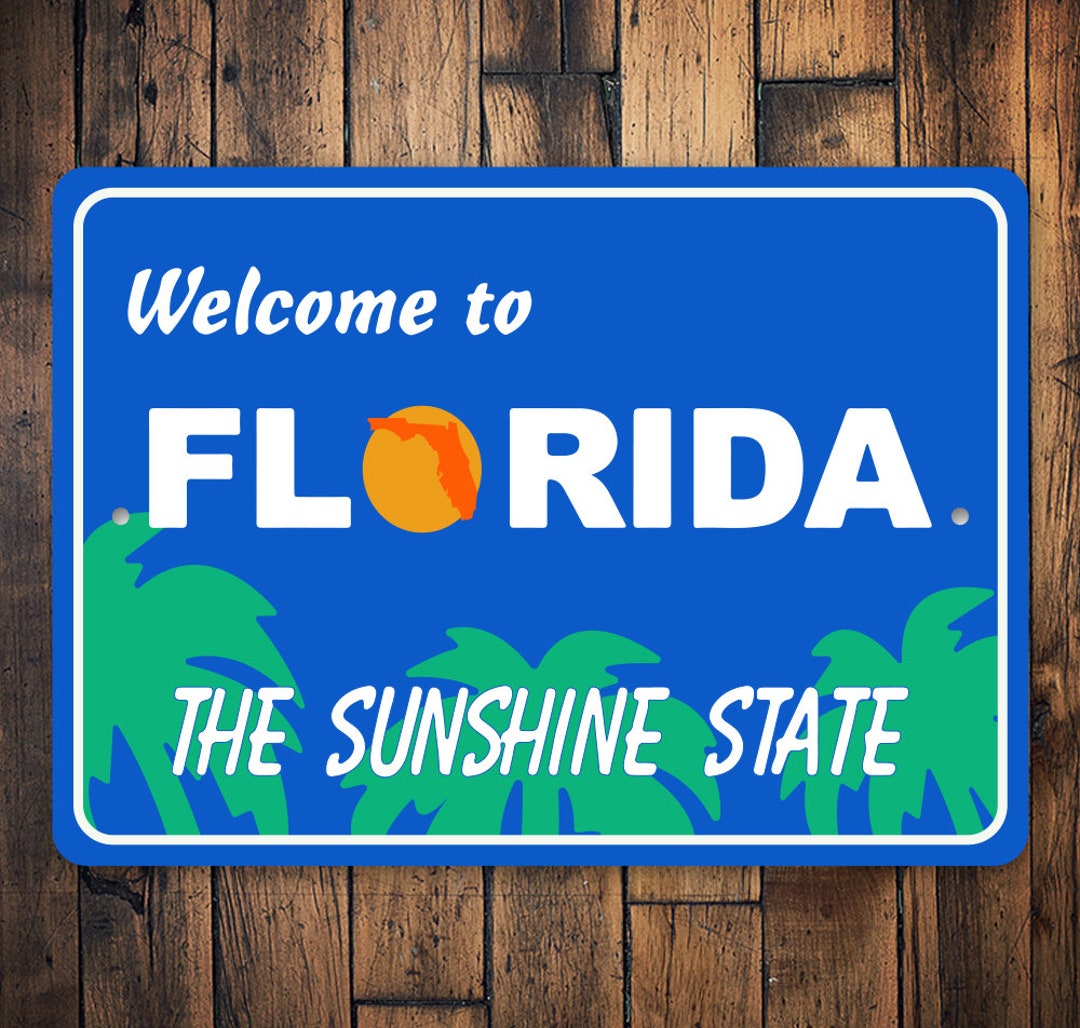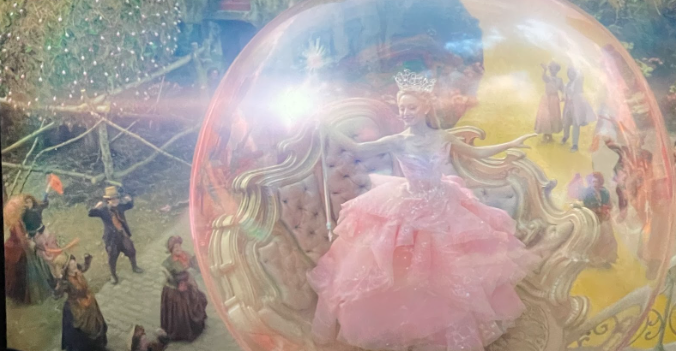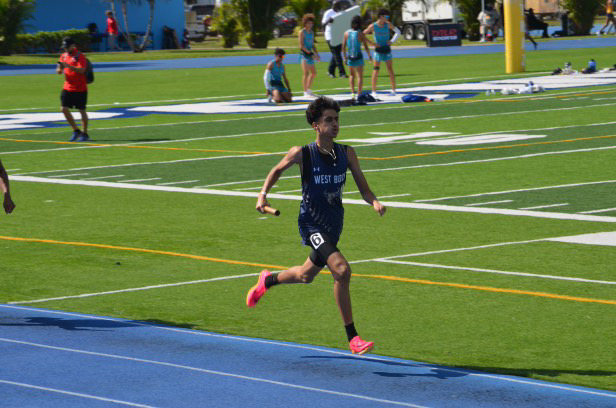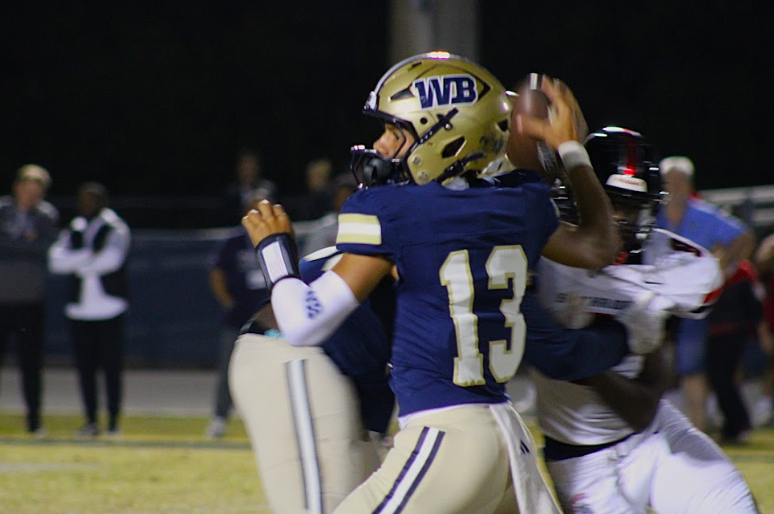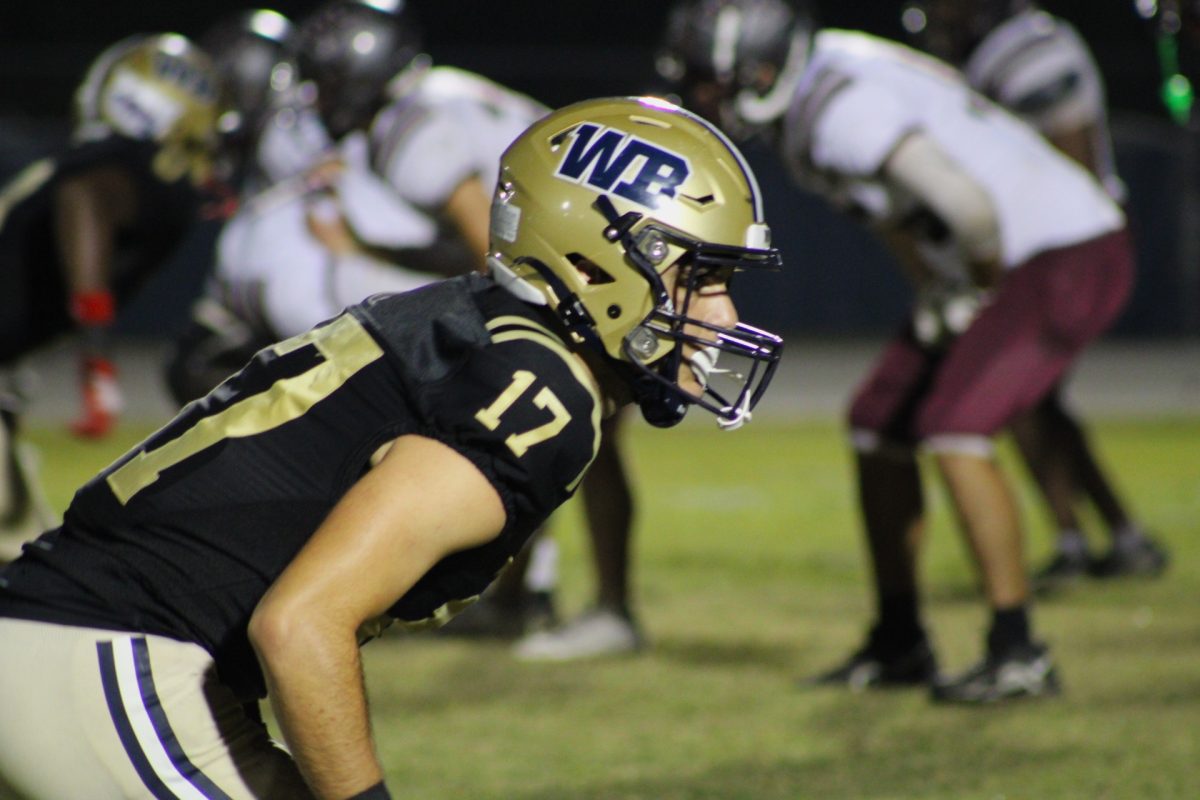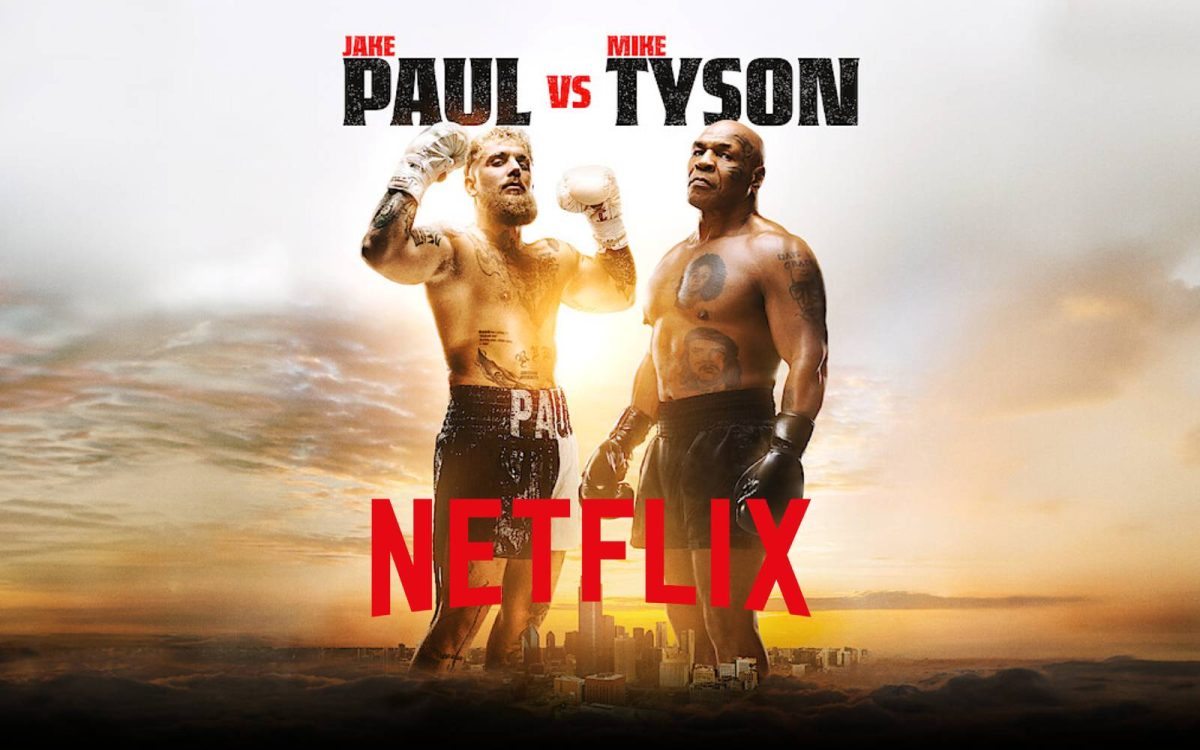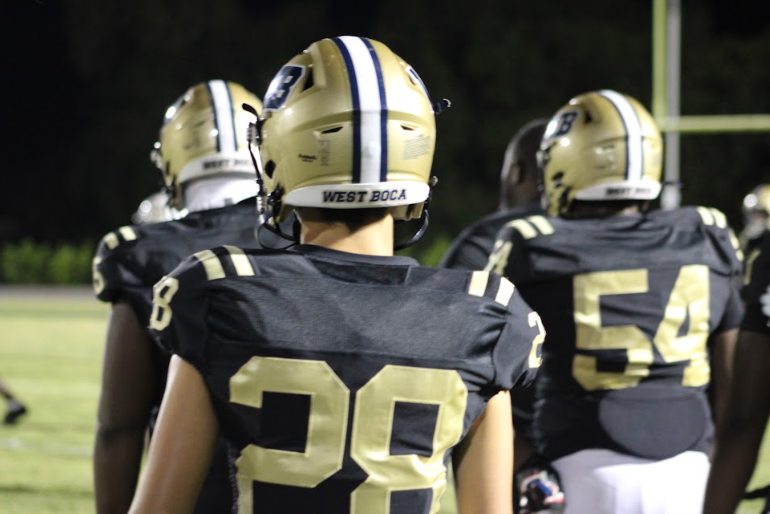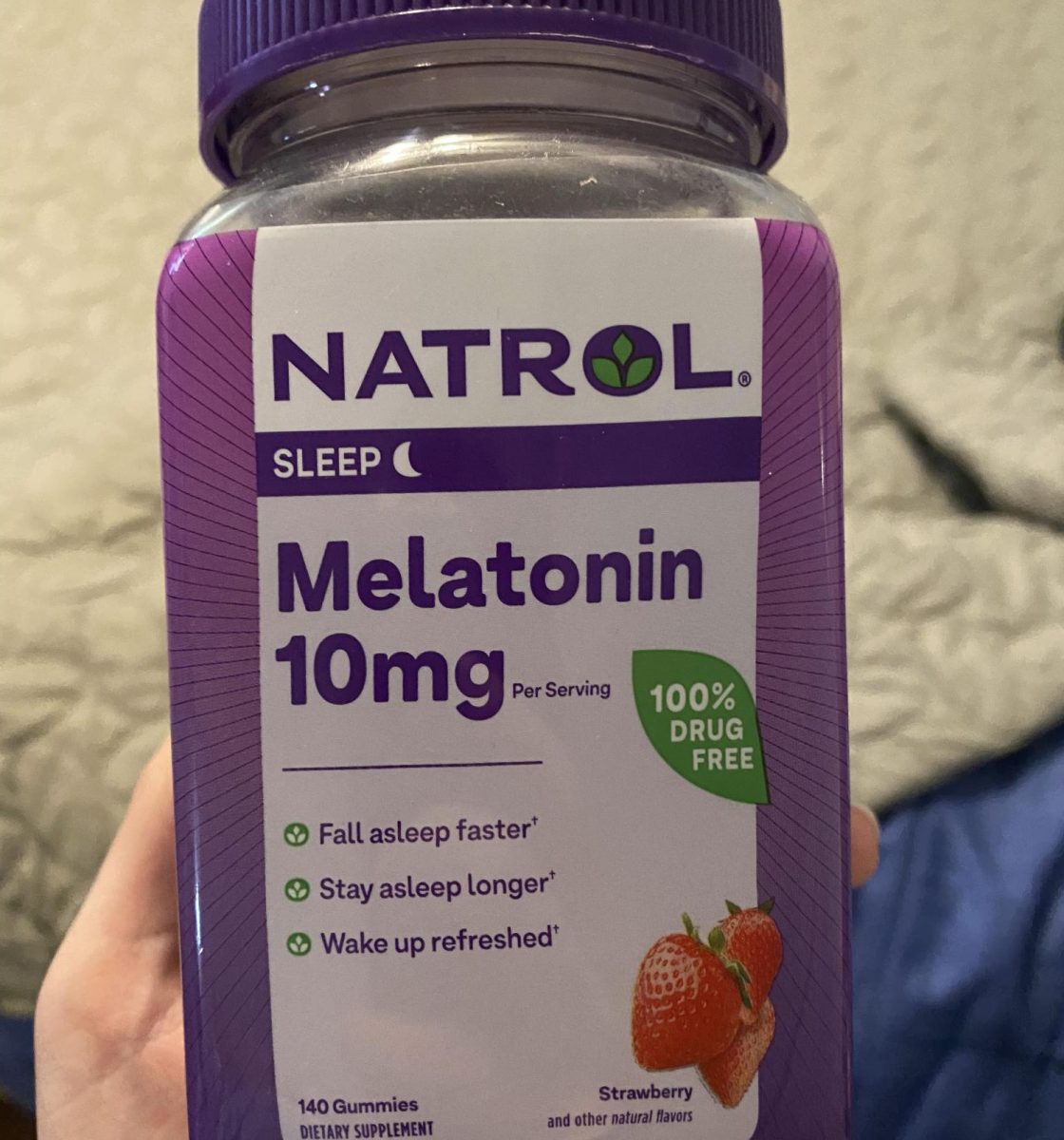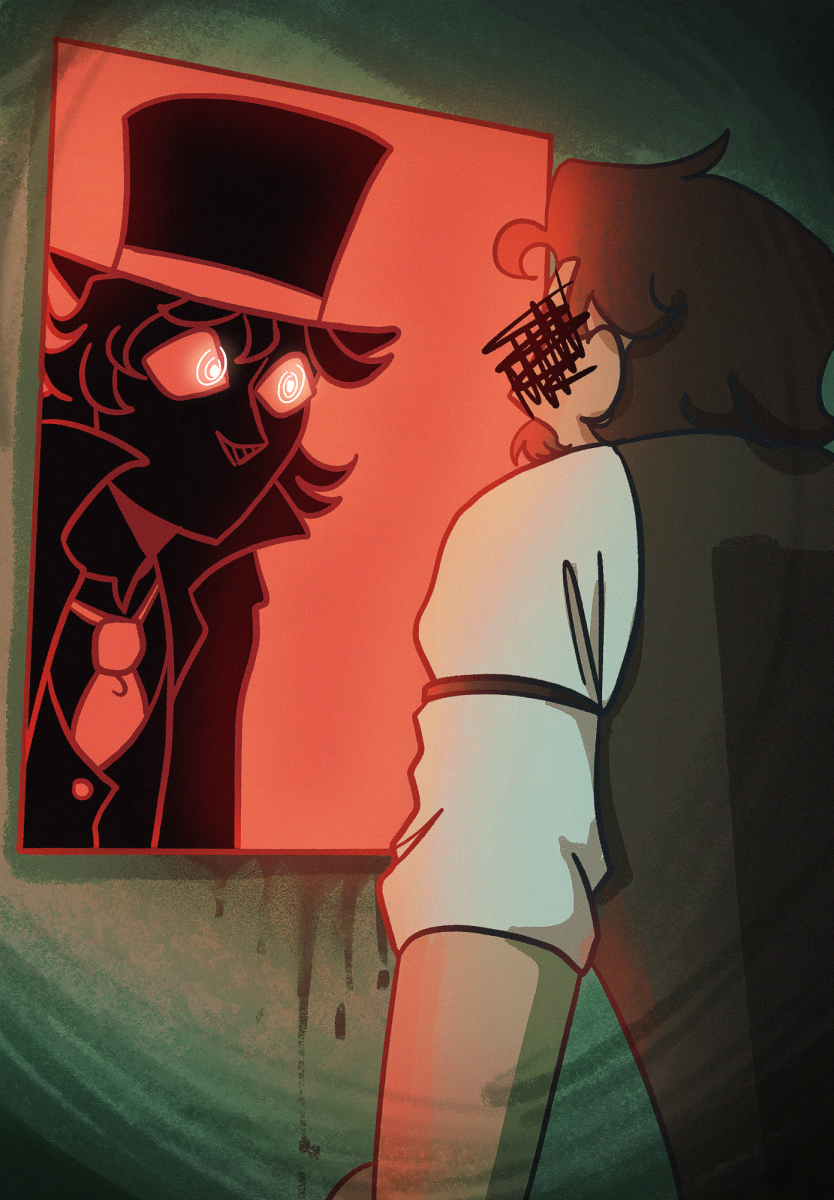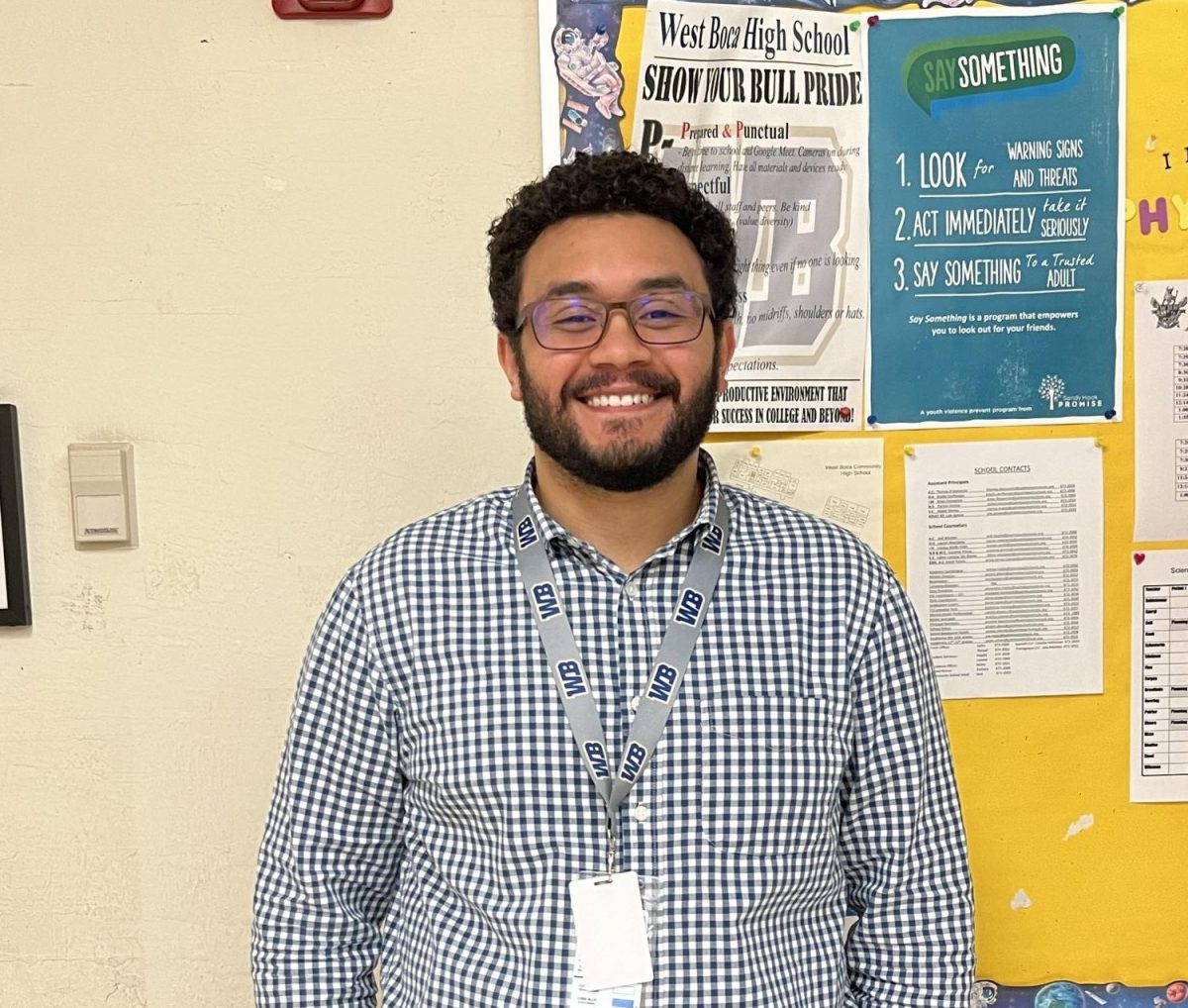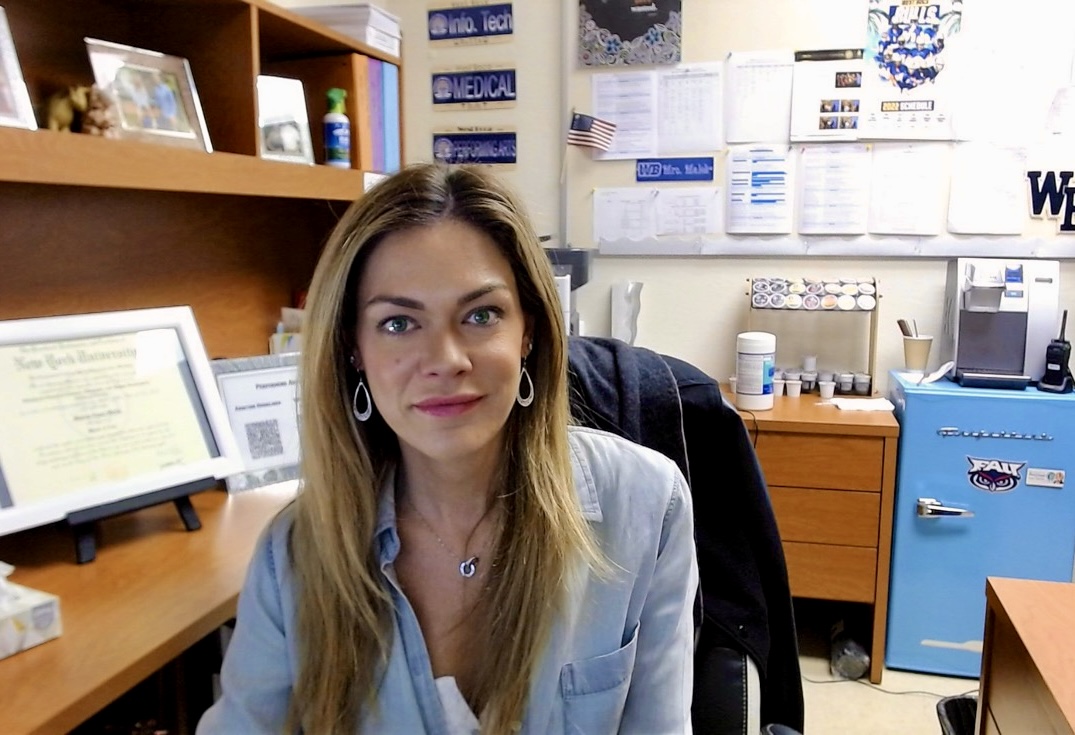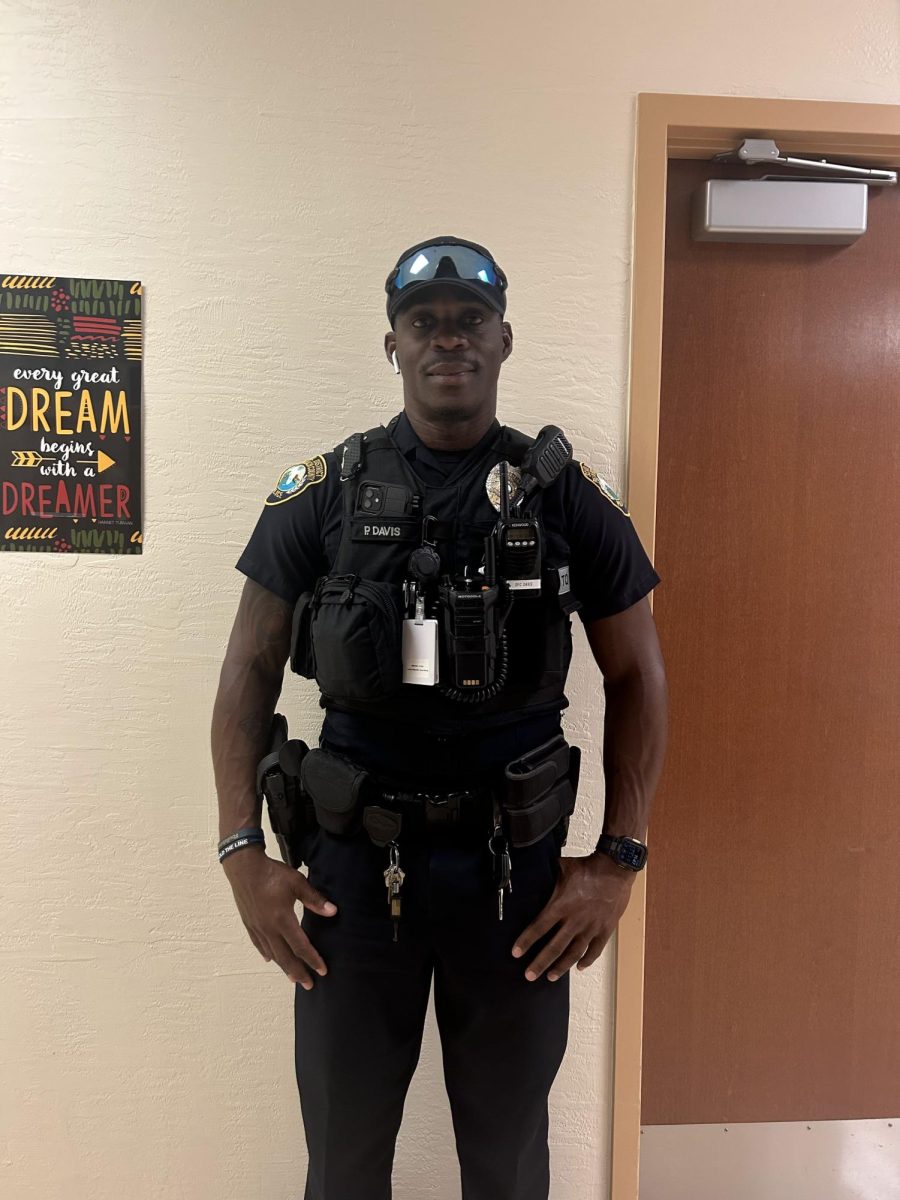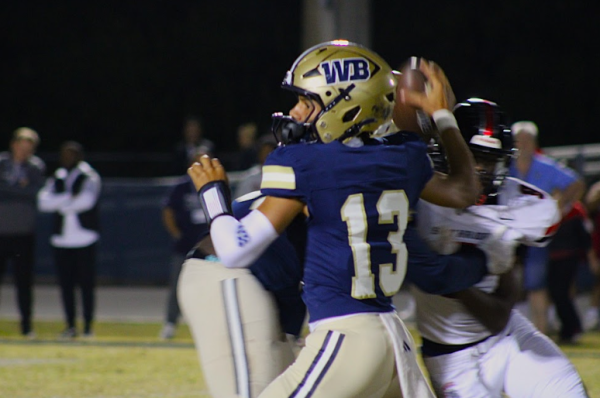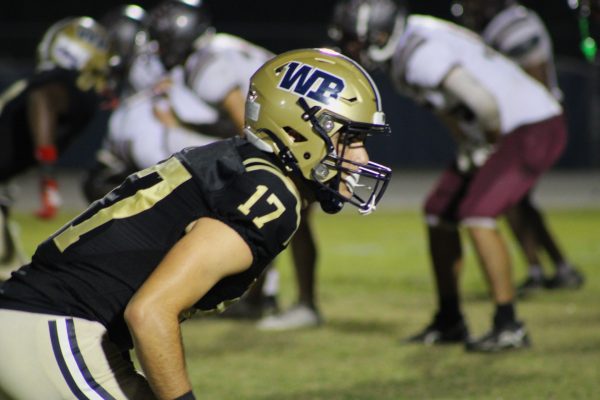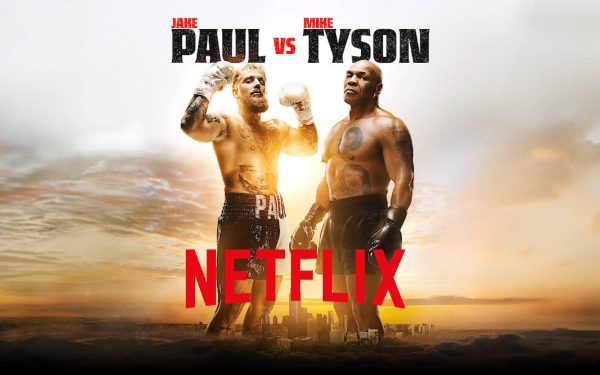The Rise in Book Banning from Schools
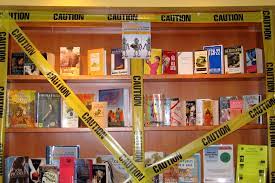
Caution tape over a bookshelf to show the way that certain books are being viewed.
December 15, 2022
From July 2021 to March 2022 over one thousand books were taken out of school libraries by school districts in the United States. Texas school districts are leading the country in these book removals, followed by Pennsylvania, and Florida. After researching this issue deeper, I found out that the removal of books is not a stand-alone issue. The removal of books from school districts is a symptom of a larger issue. This stems from the struggle currently going on about how to raise our children. A specific example of this struggle is the fight for control of education between parents and educators.
A major player in this fight is the Parental Rights Movement, and they are a substantial force. The bill from Governor DeSantis known as the ¨Don´t Say Gay¨ bill, is actually called the ¨Parental Rights in Education Bill.¨ The Parental Rights in Education Bill limits classroom discussion on certain topics (sexual orientation and gender identity) and requires parents to be informed of specific topics regarding their children. There was another bill that went into effect in Florida in July of 2022 (House Bill 1467) that specifically relates to books and materials that students have access to because it requires school districts to be “transparent” in the selection of books and materials. Additionally, the bill allows parents to review this material and leaves room for the parents to voice any issues they have with the material. This is relevant because the Parental Rights Movement has politicians and people in power behind it and as a part of it which is what makes this movement powerful. Florida is not the only state that the Parental Rights Movement operates in or where bills have been passed about restricting material from schools.
On October 18, 2022, a bill about parental rights was introduced to Congress. The Parental Rights movement now is attempting to get an amendment for the rights of parents in education. Some of the activist groups that are involved in the Parental Rights Movement are Moms for Liberty, ParentalRights.org, and the Parental Rights Foundation. ParentalRights.org has on its website that they are supporting the introduction of this amendment. The amendment is being introduced by Debbie Lesko, who is a Republican Congresswoman who represents Arizona. The group Moms for Liberty believes that the involvement of parents in education is a matter of freedom; they say that they are fighting for our country by their work to get parents more involved in education. Moms for Liberty has chapters all over the United States and is not just made up of mothers. A common statement from Moms For Liberty is that they “do not co-parent with the government.”
There is opposition to the Parental Rights movement. There are those who say that The Parental Rights in Education bill is anti-LGBTQ+. President Biden is against the bill. The Parental Rights Movement is not the only movement to have those in high places supporting them. Two LGBTQ+ advocacy groups filed a lawsuit against Governor DeSantis and other Florida officials over the Parental Rights in Education bill, but a federal judge in Tallahassee dismissed this lawsuit.
There is also a group known as Red, Wine, and Blue; which is a mom’s group that could be considered the opposite of Moms for Liberty. This is a group of suburban women that have been fighting since 2018 against book banning and other supposedly conservative agendas. This group is made up entirely of women which is one of the ways that they are different from Moms for Liberty. They say that they are a group of suburban women who are empowering women to become activists. One of Red Wine and Blue’s main objectives is to empower women. They say that men and women do things differently; for example, women usually think that they need to have all of the facts and research when men don’t. Overall, this group wants to help women to speak more freely without as much hesitation. One similarity between groups such as Moms for Liberty and Red Wine and Blue is that they both claim that they are fighting for our children and our country.
The rise in book removals and tension surrounding education is the result of parents and activist groups getting more involved in education. As shown above, parents are not all on the same page about the issue of book removals. The different groups have certain political positions that separate them further and inform their opinions on how education should be run to differ greatly. Red, Wine, and Blue and Moms for Liberty are not the only people involved in this argument; although, they are perfect examples of the different sides of this issue.
The book removal from libraries is not only the result of one side either. The book To Kill a Mockingbird is a perfect example of a book that has been challenged by both sides in the past and present for seemingly different reasons. In the 1960s, To Kill a Mockingbird was banned from some schools for content that included rape and racial slurs. Another perspective, and the reason it is controversial currently, is because the book’s main character Atticus Finch is considered a “white savior” character. Additionally, the book includes racial slurs and it is said that this aspect of the book causes students discomfort. An example of this is that To Kill a Mockingbird was removed from an 8th-grade curriculum in Burbank, California because a mother claimed that the racial slurs ( the N-word) in the book made her son uncomfortable. Overall, while it has been challenged by different sides, it seems that the book To Kill a Mockingbird has been challenged specifically for having content that includes rape, racial slurs, being “immoral,” and making people uncomfortable. Both sides have issues with this book, but the reasons do not vary much. To Kill a Mockingbird is not the only example of people trying to get rid of controversial books. Other controversial titles include Toni Morrison’s books (Beloved) and Gone with the Wind.
Students are not the only ones affected by removing books from schools, teachers are also affected. Teachers, like parents, are not all on the same page about this issue either. I spoke to four of our teachers here at West Boca about this issue. Three of these teachers were classroom teachers and said that they have been affected by the conflict surrounding education; they are now more careful about what they teach.
I started with our school librarian, Ms. Cannon. She had some very strong opinions on the topic of current book removals from schools. When I interviewed Ms. Cannon, she informed me that in the past couple of years there have been three books pulled from our school library. The books were graphic novels that were pulled for being too graphic, but Ms. Cannon believes that they were pulled because they were about LGBTQ+ people. I asked Ms. Cannon if there were any graphic novels about heterosexual people that depicted similar images as the LGBTQ+ books that were pulled. She said that there were probably those books in the library but said, “Honestly I don’t know if I’d want to start throwing out titles; if this gets published I don’t necessarily want anyone attacking additional books without doing their research.” Ms. Cannon says that books are pulled without people reading the entire book. She believes that books being judged on certain images alone is problematic. She emphasizes that an explicit image in a book can be taken out of context if you do not read the entire book. Ms. Cannon and one of the classroom teachers said that they do not think that in a lot of the cases where books are being challenged, the challengers (parents mostly) are reading the books that they are challenging. In my interview with Ms. Cannon, she stressed context and representation as it relates to material in the library. She said, “I try to get books so that everyone who walks in here can find at least one book that will mirror them.” Ms. Cannon’s belief is that representation of all different groups is essential, and a concept she referenced is that books can serve as mirrors, windows, and sliding glass doors. She additionally said that a person could pick up a book, such as the ones that were pulled, see someone else’s struggle and have empathy for that person. This would be an example of a book being a window.
In the debate over how much parents should be involved in education, the question has come up about the school’s job as it relates to teaching students. Ms. Cannon stated, “ (T)he point of a public school is to expose students to a range of perspectives to a certain curriculum; it’s all online.” Ms. Cannon stresses that the curriculum is online to show that parents can easily see what their child is learning. This portion of the interview led to the topic of whose opinion is more valuable in matters of education. Ms. Cannon made the claim that educators’ opinions were more valuable because of the fact that they were trained to teach and run educational institutions. In response to my clarifying question, “ So you would say that as educators, in your opinion, is more valuable in terms of education because of your training.” Ms. Cannon replied, “ “In terms of education, because we have that experience, we have that training – that’s not to say that parents shouldn’t have a say.” Ms. Cannon believes that parents should not be entirely ignored, but that in matters of education, educators/people trained to work in schools should get the final say. One of the other three teachers agrees with Ms. Cannon on this issue. Another teacher said they think that it should ultimately be the parent’s decision, and the last teacher said that she thinks that both opinions are equally important. All four of the people interviewed believe that the recent book removals and challengings are part of a larger issue. Ms. Cannon continued to stress that one parent’s discomfort with certain material should not determine what everyone else’s child is exposed to or reads. She offered the solution that if parents do not want their children reading certain material they should tell their children they cannot read it.
As the interview progressed we got into controversial titles such as, To Kill a Mockingbird. Ms. Cannon shared her concern about the book having a “white savior” main character, the fact that the book was written by a white woman, and has racial slurs in it. Ms. Cannon does not believe that the N-Word has any place in a book. Two out of the three other interviewed teachers said they think that racial slurs do not belong in modern-day literature, and said racial slurs should not even be spoken in the classroom. Ms. Cannon and two of the three other teachers agree that To Kill a Mockingbird is flawed. One particular teacher said she thought that this book should not be taught at all. The two other teachers, besides Ms. Cannon and this particular teacher, did not agree that the book should be taken out of education. Ms. Cannon, herself, does not think that the book should be taken out of curriculums, as long as the book’s flaws are taught as well. She states that the three books taken out of our library were different from To Kill a Mockingbird because they were autobiographies about someone’s actual life. Due to her earlier comments about representation, I asked Ms. Cannon if she would allow a white supremacist’s autobiography in the library as we were on the topic of racism. She stated that she would not allow a white supremacist’s autobiography in the library, “ I would not really allow anything- I think that one of my patrons could walk in here and be affected negatively – anyone’s views that are gonna hurt someone else, I don’t think they have a place here.” This statement by Ms. Cannon shows that while representation is important to her, it is her belief that inclusion has its limits. Two out of three classroom teachers said they would not teach a biography of a white supremacist, and the third was uncomfortable with it as well.
The issue of what children are exposed to and what they should not be has many sides; even within the different groups, there are nuances in terms of opinions. One thing that is clear is that there are angry and opinionated people on each side of the issue. Not just one side is responsible for all of the criticism aimed at books, and the removal of books is not the only way that people are carrying out this cultural battle.
When I began writing this article, I had a certain opinion on this issue. Now that opinion has been called into question by the fact that this issue is so much larger and more nuanced than I previously thought. When it comes to political parties and sources, I have learned through researching this issue that you have to take what both sides say with a grain of salt. People on both sides say that they have children’s best interests at heart, but there are those who have an agenda. There has been a rise in book removals in the United States, and it is a symptom of a culture war. The truth of the matter is that the issue of books being removed from school is a part of a larger issue, but due to the internet and public libraries, we have ways to get access to specific material. Therefore, removing a book from a school library or curriculum is not completely limiting us as individuals. This rise in book removals could possibly warrant concern, but not cause for panic. The more reasonable cause for a rise in concern is the possible agendas of the groups involved in this culture war because that is what is driving actions such as challenging the material that is in our schools.


